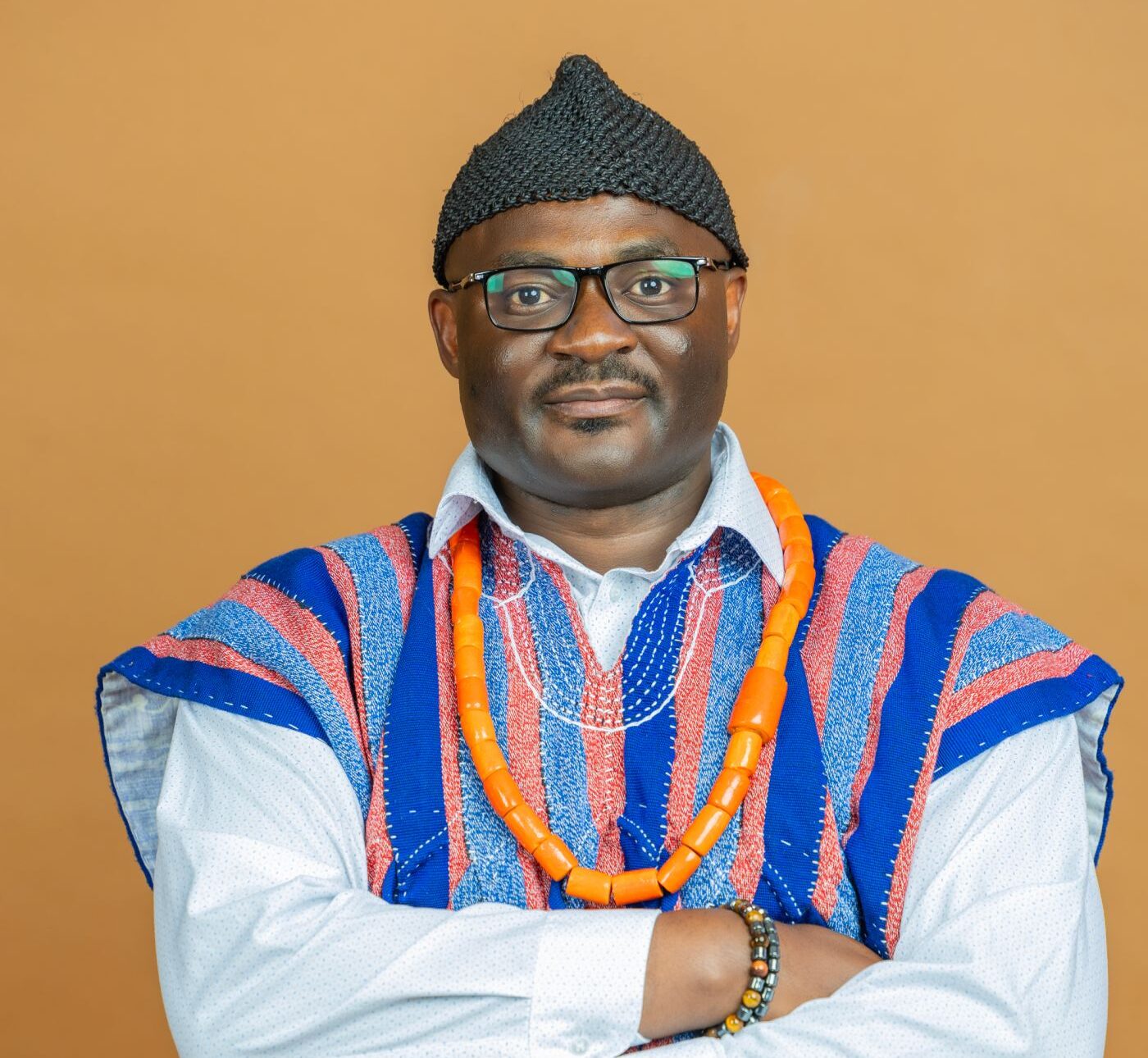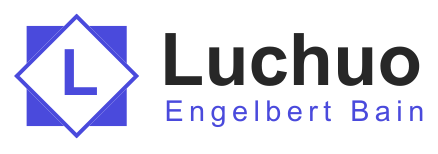
Rethinking Evidence: From Rigor to Rigor with Equity
Luchuo Engelbert Bain, MD, PhD.
The idea of evidence is often treated as fixed — objective, value-free, and universally valid. Yet, in global health and development, what we call “evidence” is shaped by histories of power, colonial legacies, and epistemic hierarchies. Too often, our evidence systems privilege narrow methodological traditions — randomized controlled trials, meta-analyses, and peer-reviewed literature — while sidelining lived experience, indigenous knowledge, and contextual wisdom. It’s time to radically rethink what counts as credible evidence and who gets to define it.
I have argued that Lived Experience is Knowledge, It is Expertise, and It is Evidence on its own right.
True evidence is not only about answering questions; it is about asking the right ones — those grounded in people’s lived realities and priorities. A community’s experience of illness, a mother’s insights into care barriers, or a frontline worker’s innovations are not “anecdotes” to be dismissed; they are evidence — knowledge, expertise, and data that must inform decisions. Expanding our evidence base to include these perspectives is not about lowering standards. It’s about deepening relevance, equity, and impact.
This shift requires structural change. Curricula, peer-review norms, and supervision systems must evolve to teach researchers how to recognize and integrate diverse forms of evidence. Plain-language summaries should accompany systematic reviews to make them accessible beyond academia. Grey literature and community-generated data should be systematically included in evidence syntheses. And we must actively challenge extractive practices that treat communities as data sources rather than co-producers of knowledge.
Artificial intelligence adds another layer of complexity and opportunity. If governed responsibly — with safeguards against bias and transparency in how algorithms process evidence — AI can help synthesize vast, diverse data sources at scale. But without intentional design, it risks entrenching existing inequities by amplifying biases embedded in current evidence systems.
In my work across Africa, Asia, and Latin America, I’ve seen how shifting from externally imposed research agendas to co-designed, context-driven approaches transforms outcomes. We must emphasize partnerships that go beyond tokenism — sharing intellectual property, co-leading studies, and prioritizing questions that matter locally. Evidence infrastructures must be durable, inclusive, and anchored in the Global South, with financing models that reflect that commitment.
Ultimately, evidence must be more than a tool for decision-making; it must be an instrument of justice. It must help dismantle power imbalances, elevate marginalized voices, and guide policies that are not only effective but also fair and contextually grounded.
Discussions on how to reform the global health architecture must meaningfully have at its core to advance rigorous, relevant, and inclusive evidence. Intellectual naivety is no longer acceptable in global health. Too often, we rush to “solve” problems we haven’t taken the time — or developed the discipline — to truly understand. This is why the ability to ask the right questions, and to ask them on time, is more critical than ever. I have argued that five fundamental questions must guide our work if we are serious about equity, impact, and justice: power, agenda, methods, knowledge, and expertise. Who holds the power, and how is it exercised? Whose agenda is being advanced? Which methods are deemed valid, and why? What knowledge counts, and whose knowledge is excluded? Finally, who is recognized as an expert — and who is not? These five questions are not just academic; they are the foundation of transformative global health practice.
Our task now is not to abandon rigor but to pair it with humility, equity and justice. That means acknowledging that lived experience is evidence, indigenous knowledge is evidence, and community insight is evidence. Only then can evidence truly serve humanity — informing decisions that transform lives and reflect the diversity of the world we seek to improve.





